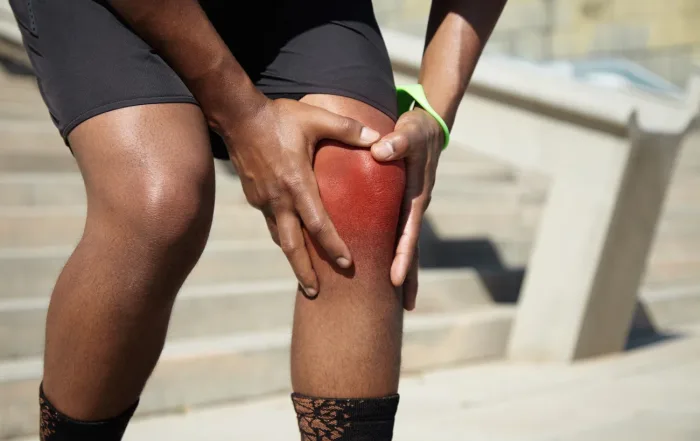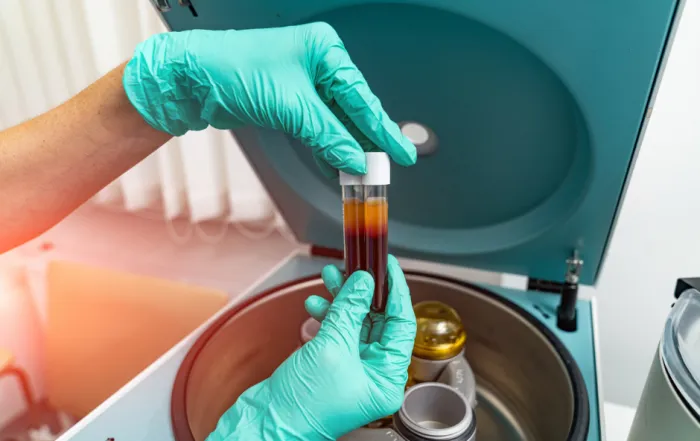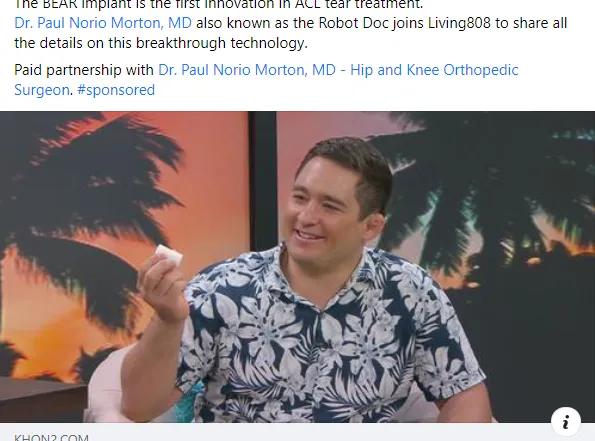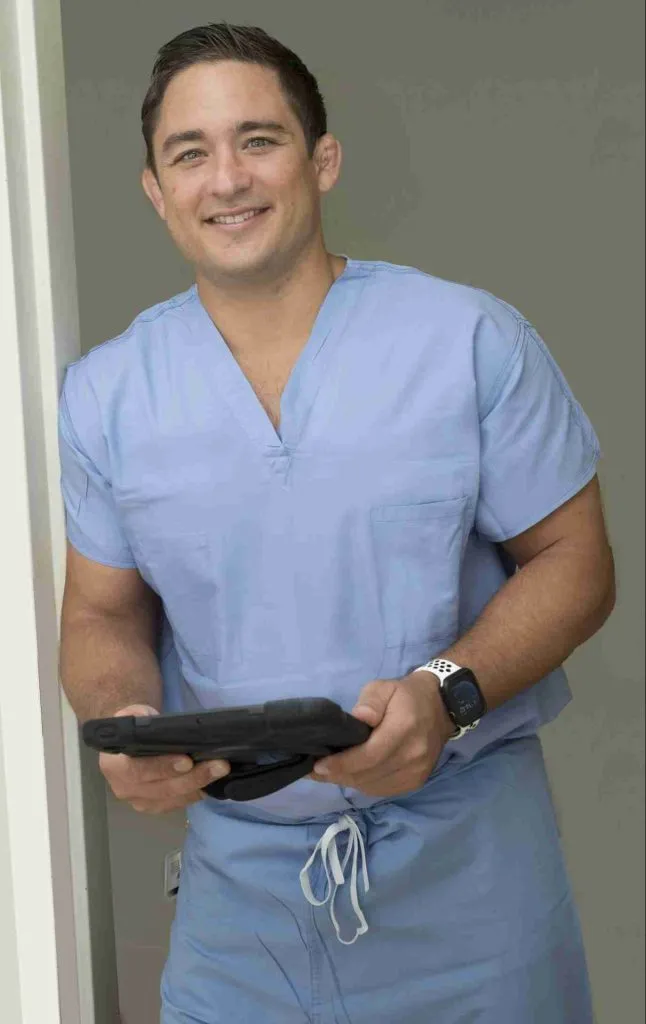Talk with Your Knee Expert Today!
Choose Dr. Morton as your Knee Replacement Surgeon
- Experienced Orthopedic Surgeon
- Minimally Invasive Surgeries Are Same-Day, Outpatient surgeries
- High success rate in treating knee pain
- Minimally invasive incision, smaller incisions
- Performs both Anterior Cruciate Ligament Reconstructions and Meniscus Repairs
- Less soft-tissue dissection
- Robotic technology
- Less Postoperative Pain
- Latest Techniques
- Fellowship-trained and specialist in knee problems
- Takes care of revision knee replacements and complex joint replacements

What is Knee Arthroscopy and how is it Performed?
Why would I Need an arthroscopy?

How do I Prepare for Knee Arthroscopy?
What’s Recovery After Knee Arthroscopy Like?

What orthopedic conditions can you treat with arthroscopy?

What are the Risks Associated with Knee Arthroscopy?
Summary
Frequently Asked Questions about Knee Arthroscopy (FAQ)
Whether a patient can undergo surgery depends on the individual, their health history, and the experience and comfort of the patient. Your surgeon will talk to you about your individual risks and benefits to help you come to the best decision for you and your health.
All surgery involves breaking through the skin and accessing a part of the body that is normally separate from the outside world. Any time that happens, there is the risk of infection. Additionally, blood clots occur in patients with risk factors and who do not move for some time. Although this surgery is relatively short, it still presents a risk for blood clots. Lastly, any time skin is passed through, there is a risk for vessel injury. This may cause bleeding into the joint.
Because the incisions are so small, arthroscopy typically does cause noticeable scars. After clearance by your surgeon, keep this area covered and away from the sun. Some physicians recommend wearing sunscreen on the joint 6 months to 1 year after the surgery. People with darker complexions are especially prone to hyperpigmentation and scarring.
Related Pages
The Role of PRP in Treating Sports Injuries for Athletes
In the competitive world of sports, athletes constantly push their bodies to the limit, which, unfortunately, often leads to injuries. The quest for effective and swift recovery solutions is ongoing from tendonitis and [...]
Demystifying PRP Therapy: Understanding the Science Behind Platelet-Rich Plasma
In the quest for advanced healing techniques, Platelet-Rich Plasma (PRP) therapy emerges as a beacon of hope for those suffering from various orthopedic conditions, including osteoarthritis and tendon injuries like tennis elbow. This cutting-edge [...]
CBD in Orthopedic Practice: Enhancing Recovery and Well-being Beyond Opiates
The integration of Cannabidiol (CBD) in orthopedic practice offers a promising alternative to traditional opiate-based pain management.
Exploring the Relationship Between Joint Replacement and Running: Insights from a Recent Study
Introduction As an orthopedic surgeon specializing in joint replacement, I often encounter patients eager to return to their active lifestyles post-surgery. A common question is, "Can I return to running after my joint replacement?" [...]
Tips on Returning to Pickleball after Hip or Knee Replacement
[toc] What is Pickleball? Pickleball is a fun and exciting sport enjoyed by people of all ages. Its simple rules and low-impact nature make it an excellent option for people who want to stay [...]
How The BEAR Implant Works To Heal ACL Tears
Heal your ACL Tear Choose Dr. Morton as your Anterior Cruciate Ligament Surgeon Board Certified, Fellowship-trained Knee Surgeon Latest Technology High success rate Minimally Invasive surgery ACL [...]







